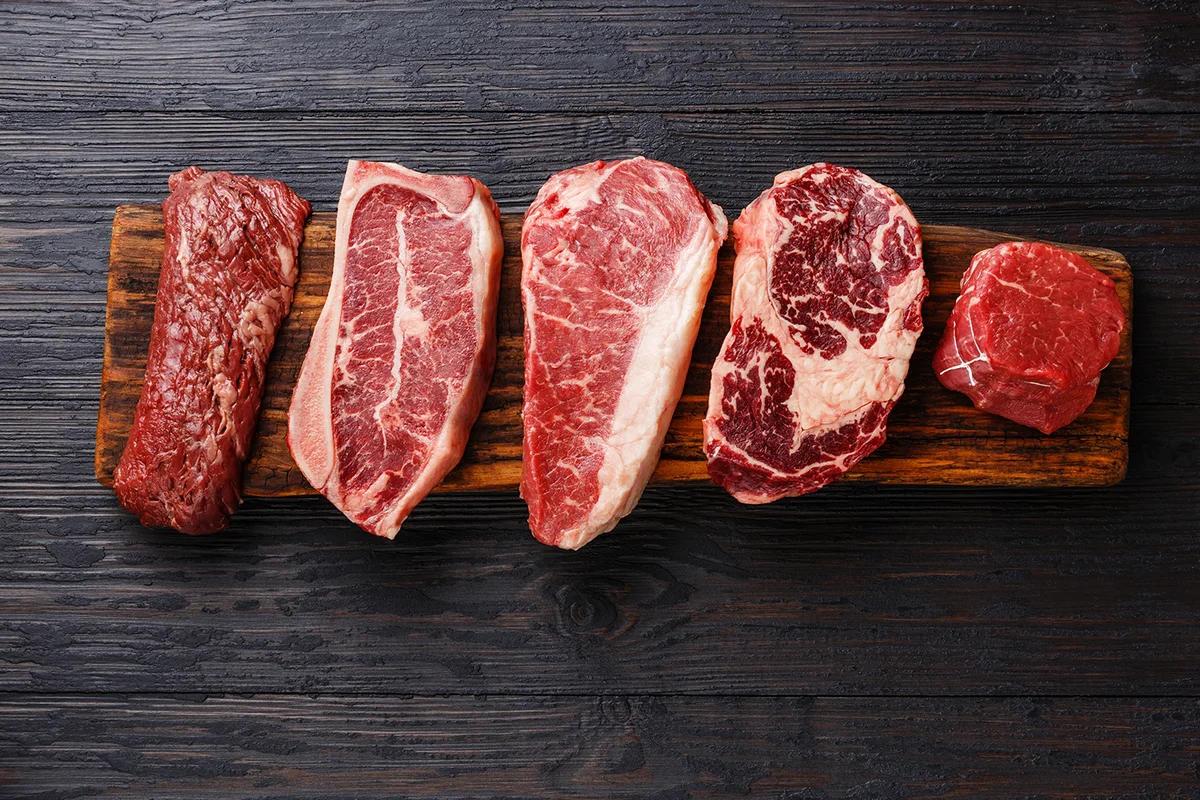Foods You Can’t Bring Into Canada and the UK—What You Need to Know
Planning a trip to Canada or the UK? If you’re thinking of packing your favorite snacks, be careful—certain foods are restricted or completely banned. Failing to declare them could result in fines, confiscation, or even legal trouble.
Both countries have strict food import regulations to protect public health, agriculture, and the environment. Here’s a breakdown of foods you should avoid bringing and why they’re not allowed.
1. Meat and Meat Products

🚫 Banned in Canada & the UK
- Fresh, dried, smoked, or cured meats
- Sausages, bacon, ham, jerky, and biltong
- Meat-based soups, stews, and broths
- Homemade or unpackaged meat products
Meat restrictions help prevent the spread of diseases like foot-and-mouth disease and African swine fever. However, some commercially packaged and sealed meat products may be permitted if they meet strict guidelines.
2. Dairy Products

🚫 Banned in Canada & the UK
- Fresh milk and cream
- Cheese (unless from approved sources)
- Butter, yogurt, and ice cream
Dairy is restricted due to the risk of contamination and diseases like bovine tuberculosis. Some hard cheeses and powdered milk may be allowed under specific conditions.
3. Fresh Fruits and Vegetables

🚫 Banned in Canada & the UK
- Apples, oranges, bananas, berries
- Leafy greens, root vegetables, and herbs
- Cut or prepared produce
These foods can carry pests and plant diseases that threaten local crops. However, dried fruits, canned vegetables, and processed items are usually permitted.
4. Fish and Seafood

⚠️ Restricted in Canada & the UK
- Fresh or frozen fish without proper certification
- Shellfish, shrimp, lobster, and crabs
- Smoked or cured fish (depends on the source)
Restrictions exist to prevent contamination from marine toxins and bacteria. Some processed or canned seafood may be allowed if it meets health regulations.
5. Eggs and Egg Products

🚫 Banned in Canada & the UK
- Raw or fresh eggs
- Egg-based foods like mayonnaise, custards, and homemade baked goods
These restrictions help prevent salmonella contamination and bird flu outbreaks. Some commercially processed egg products may be permitted.
6. Honey and Bee Products

🚫 Banned in Canada & the UK
- Raw honey
- Royal jelly, bee pollen, and comb honey
Unprocessed honey can carry bacteria and diseases harmful to local bee populations. Some processed honey from approved sources may be allowed in small amounts.
7. Nuts and Seeds

⚠️ Restricted in Canada & the UK
- Raw peanuts, almonds, cashews, and walnuts
- Sunflower seeds and other raw seeds
- Unroasted or unprocessed nuts
These items pose a risk of pest infestation and plant diseases. However, roasted, salted, or commercially processed nuts and seeds are usually fine.
8. Homemade or Unlabeled Foods
🚫 Banned in Canada & the UK
- Homemade meals and snacks
- Unlabeled processed foods
- Opened or repackaged food items
Health and safety concerns arise from unlabeled and homemade food items since they haven’t undergone official inspection. Factory-sealed and clearly labeled food from recognized brands is usually permitted.
What Happens If You Bring Restricted Foods?
If you attempt to bring banned or restricted foods into Canada or the UK without declaring them, customs officials may confiscate them. You could also face fines or legal action.
To avoid trouble, always declare any food items when you arrive. If you’re unsure whether something is allowed, check the official government websites before traveling.


